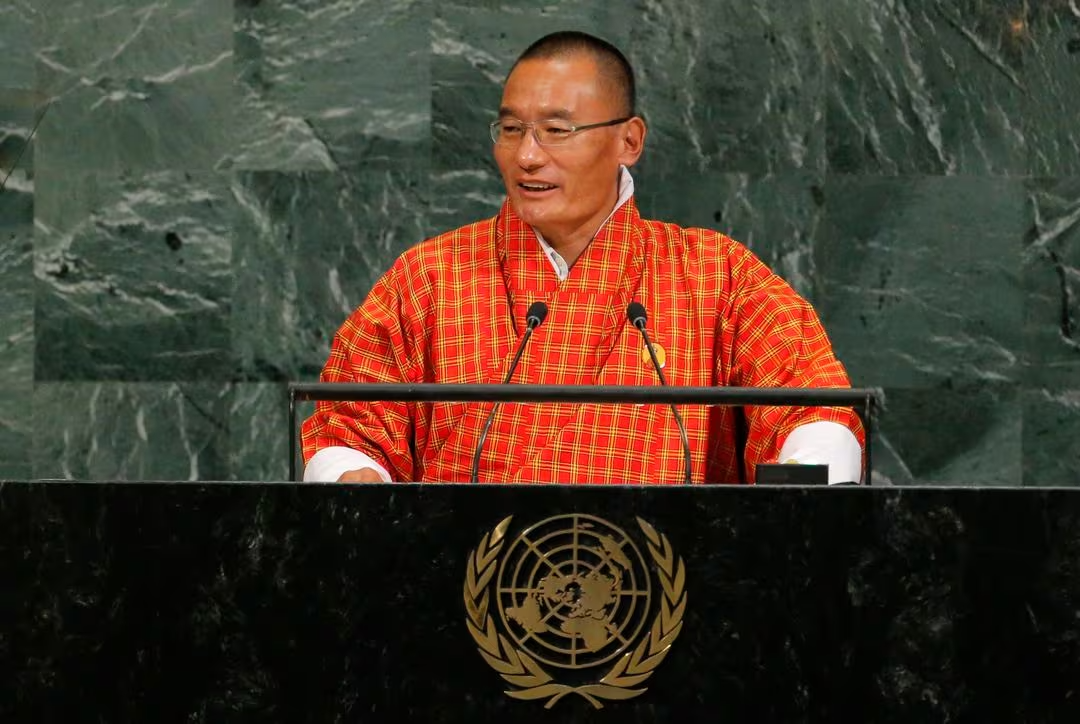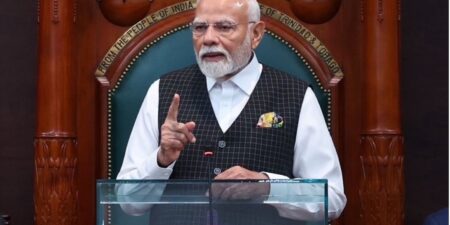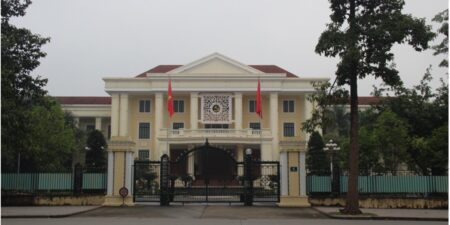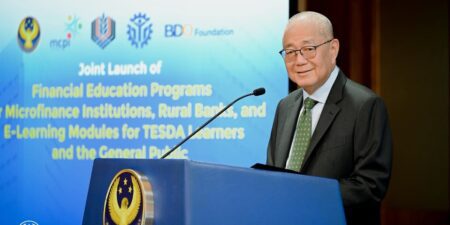
Bhutan Reelects PM Tshering Tobgay for a Second Term

Insights & News


India Spurs Innovation and Industrial Growth With New Landmark Initiatives
The BGA India team, led by Managing Director Anuj Gupta, wrote an update to clients …

Vietnam Tariff Tracker | July 7, 2025
Context Significance Implications We will continue to keep you updated on developments in Vietnam. If …

Strategic Insights for Business Planning Highlighted in New Surveys
The BGA Philippines team, led by Managing Director Victor Andres Manhit, wrote an update to …
At BowerGroupAsia, we are committed to
delivering result-oriented solutions for our clients
We have proven track record of helping the world’s top companies seize opportunities and manage challenges across the dynamic Indo-Pacific region.




















